Pregnancy Complications
Infant- and Family-Centered Developmental Care
Respiratory Infections
Neonatal Eye Health
Hygiene
Rare Diseases
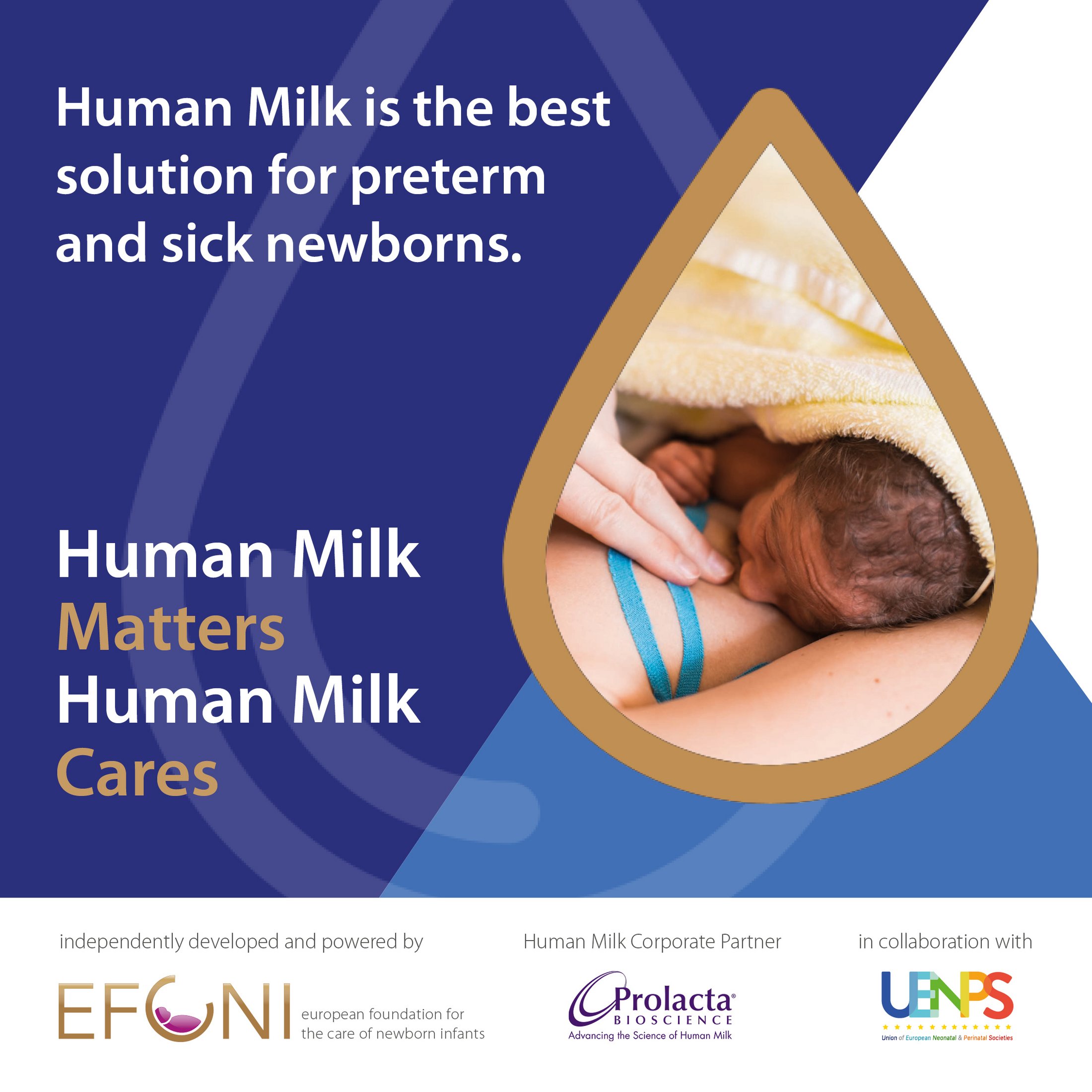
Human milk is rich in protective components that are essential for a baby’s growth, development, and long-term health—especially for those born preterm or sick.
Through the Human Milk Matters – Human Milk Cares campaign, we raise awareness about the powerful health benefits of human milk for vulnerable newborns. We highlight the unique nutritional value of a mother’s own milk, as well as the critical role of donor milk and human milk banks. Our goal is to inform parents, healthcare professionals, and policymakers about the life-saving potential and lasting value of human milk.
Scientific research shows that human milk offers significant short- and long-term health benefits for preterm babies:
Short-term benefits include:
Long-term outcomes include:
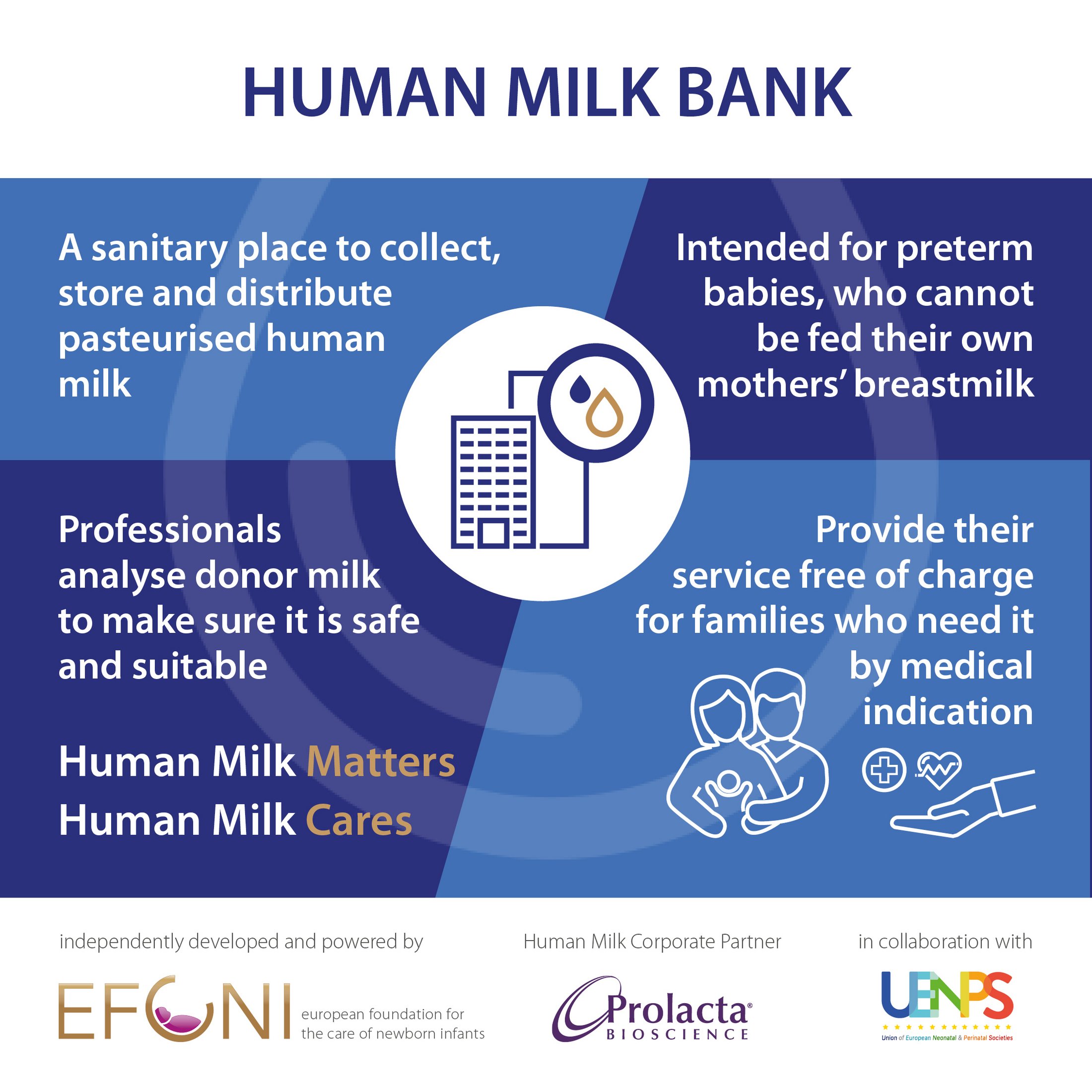
Today, there are more than 750 human milk banks across 66 countries. Approximately 90% of all donated milk is sent to neonatal intensive care units (NICUs) to support preterm or critically ill infants. Donor milk also helps families after hospital discharge, providing essential nutrition until a mother’s own milk supply is established.
We extend our heartfelt thanks to every human milk donor around the world. Your generosity saves lives.
Let’s spread the word—donating human milk matters.
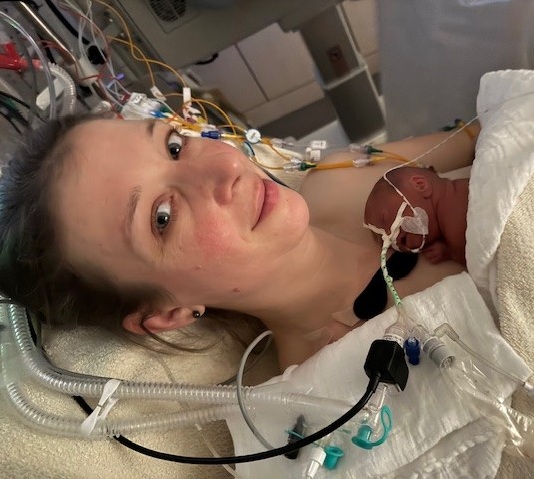
“Until shortly before Lina was born, I wasn't even aware that human milk banks existed. When I was asked whether my daughter could receive human milk from the milk bank when my own milk was insufficient, I didn't have to think about it twice and agreed immediately.
Once I had more than enough milk myself, there was no question in my mind about donating some of my milk. Lina benefited so much from donor milk, I was very happy to be able to give something back and to support other preemies a little during their difficult start in life.”
- Christina
Human milk donor and mother of Lina (donor human milk recipient),
Milk bank Munic Clinic, Germany
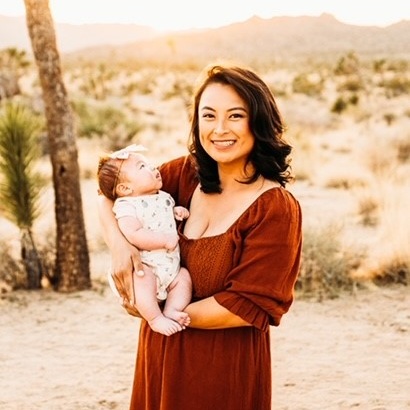
“James was a neonatal intensive care unit (NICU) baby. During his hospital stay, I learned about some of the critical health complications experienced by some NICU babies and the lifesaving impact breast milk can have. Once I established a surplus in my milk supply, I knew I wanted to become a milk donor. If I could make a difference for even just one premature little one through donation, it would be worth it. I am very proud of this and love knowing that my breast milk has saved or improved the quality of life for NICU and premature babies.”
- Jackylou
Human milk donor and mother of a NICU baby, USA
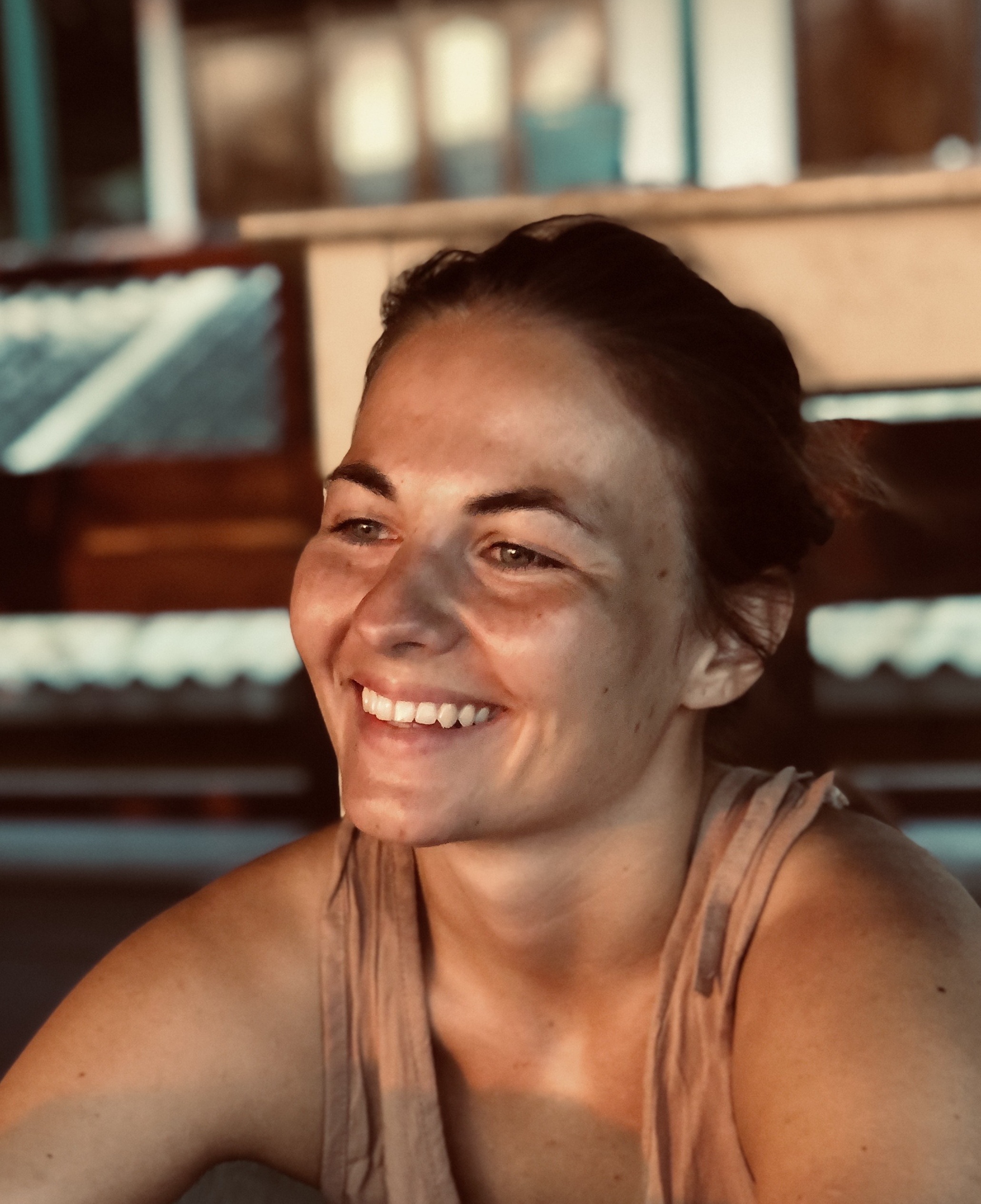
“I donate breast milk because I firmly believe that women should empower and support each other, especially during the challenging time of motherhood. As mothers, we are often confronted with many questions and insecurities, and it is rewarding to know that we can help each other. This support starts with the milk.
The saying ‘It takes a village to raise a child’ is a perfect description of the importance of community and solidarity. For me, deciding to donate breast milk is a way of being part of that ‘village’. It is a way of helping other mothers and their babies through difficult times and providing them with the valuable nutrients that my milk offers.
I am happy to have the opportunity to make a small contribution through my donation and, in doing so, to improve the well-being of other families. Ultimately, it is not just a donation, but a sign of solidarity and mutual support among women. Together we can achieve a lot!”
- Lisa
Human milk donor and mother of Felix (birth weight 1820 grams),
Milk bank Munic Clinic, Germany

"As a NICU nurse, I have witnessed the benefits of human milk over and over again. There are so many tiny and fragile babies who desperately need the immune support and nutritional components of human milk that formula does not provide. After Kaia was born at 36 weeks and spent some time in the NICU, I found myself with an oversupply. Donating to NICU babies was the first thing I wanted to be a part of. My goal is to pump and breastfeed Kaia until she is at least one year old, which is an achievement I was able to accomplish.”
- Jessa
Human milk donor and mother of Kaia (born at 36 weeks), USA
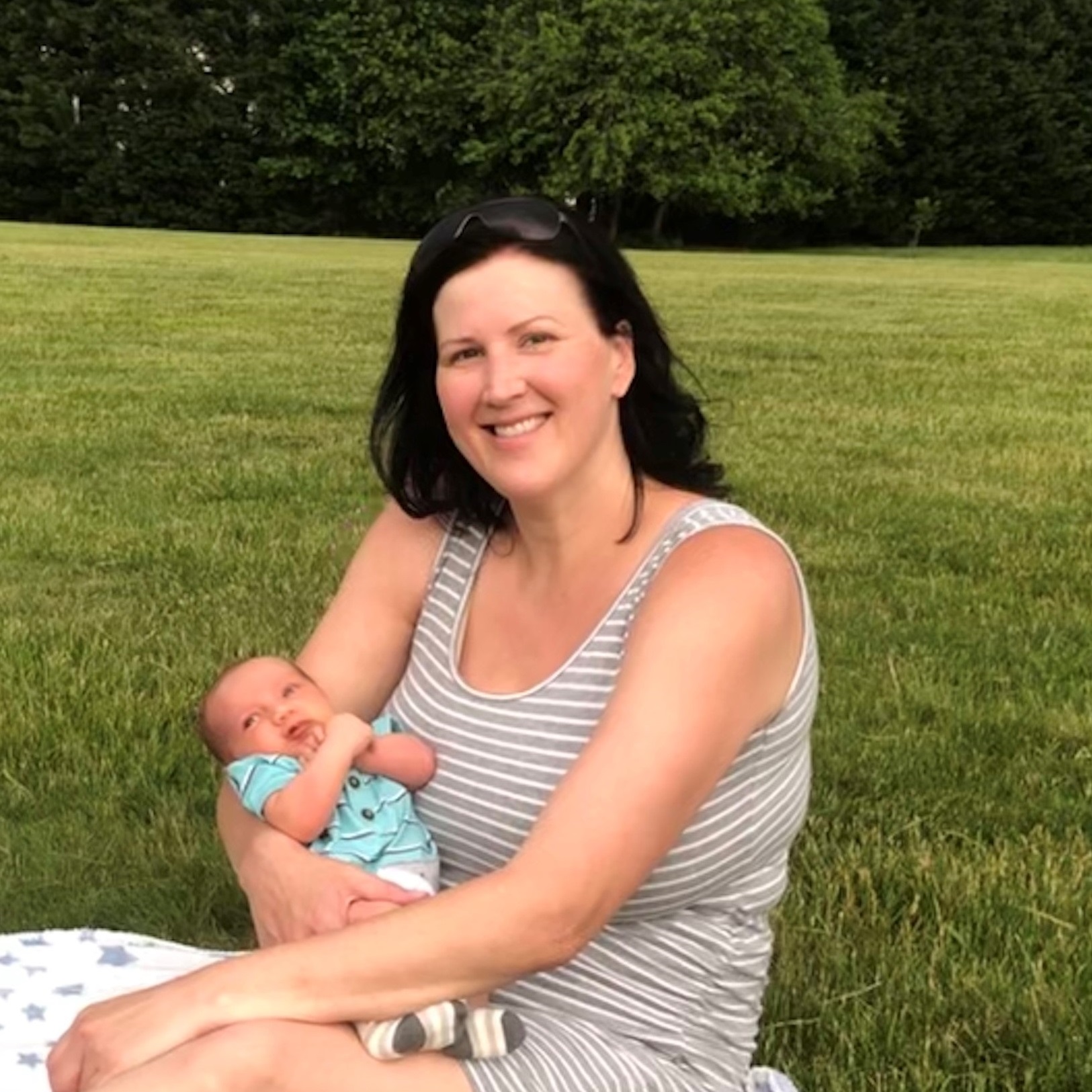
“I work as an emergency room and intensive care unit nurse and am completing a master’s degree to become a nurse practitioner.
There are so many rewarding aspects to this journey. I adore being able to help so many babies and be a part of their stories in a meaningful way. I feel like I am part of something that is so much bigger than I could have imagined. I have also continued to breastfeed Emilio throughout this journey and plan to continue doing so!”
– Lani
Human milk donor and mother of four, USA
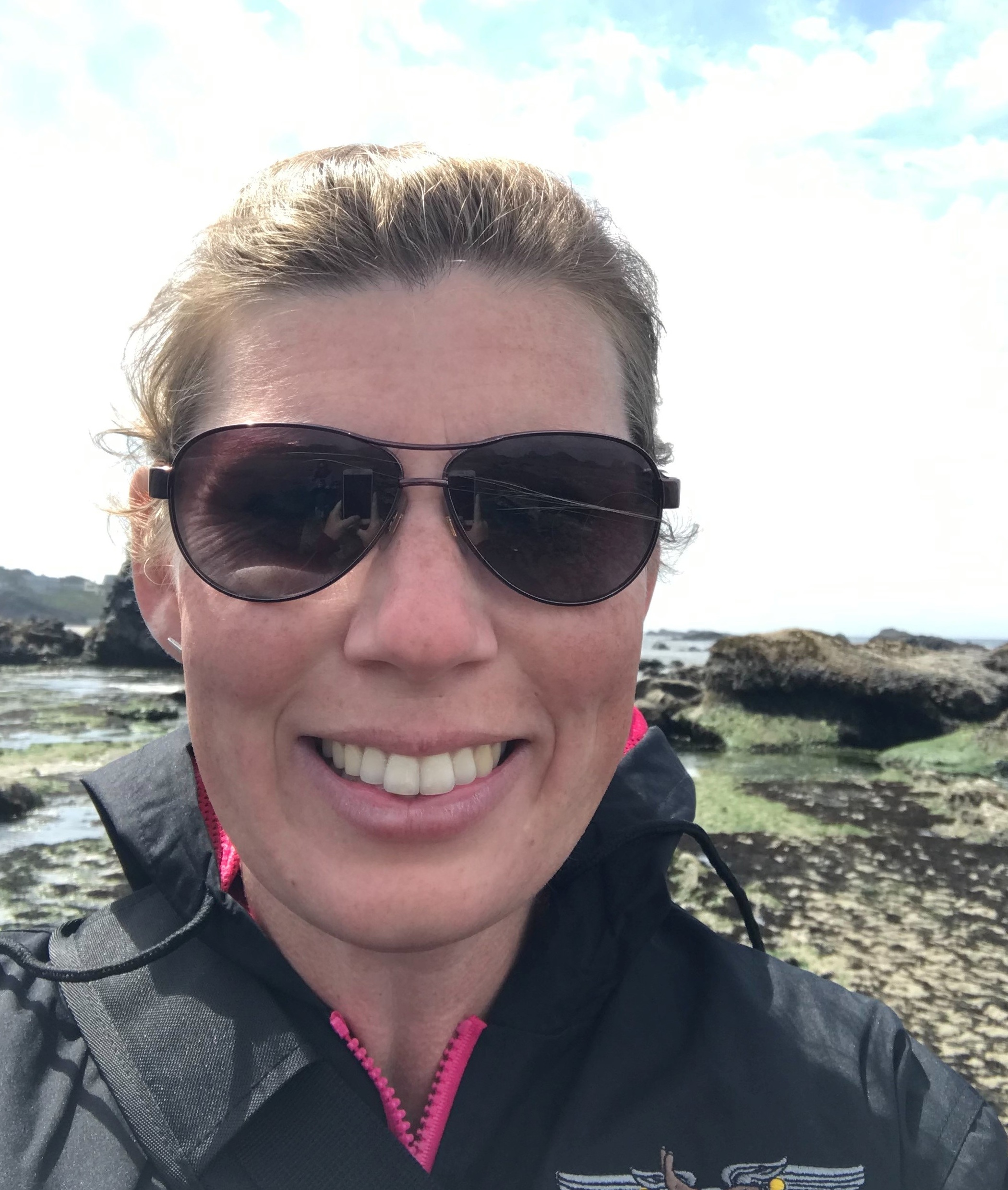
“I am currently taking care of my son, Wyatt, and finishing my PhD in psychology. I started my career focused on serious mental illness, but because of my fertility journey, I changed focus to fertility and women’s health.
When Wyatt was born, I had no idea what a ‘normal’ milk supply was. He wouldn’t latch and I became so engorged that I was in a lot of pain, so I started pumping to alleviate the pain. I became obsessed with creating a freezer stash. Next thing I knew I’d filled our house freezer. That’s when I realized that I made more [milk] than we would ever need. I immediately found the milk bank to be very open, responsive, and transparent.”
- Jessica
Human milk donor and mother of Wyatt, USA
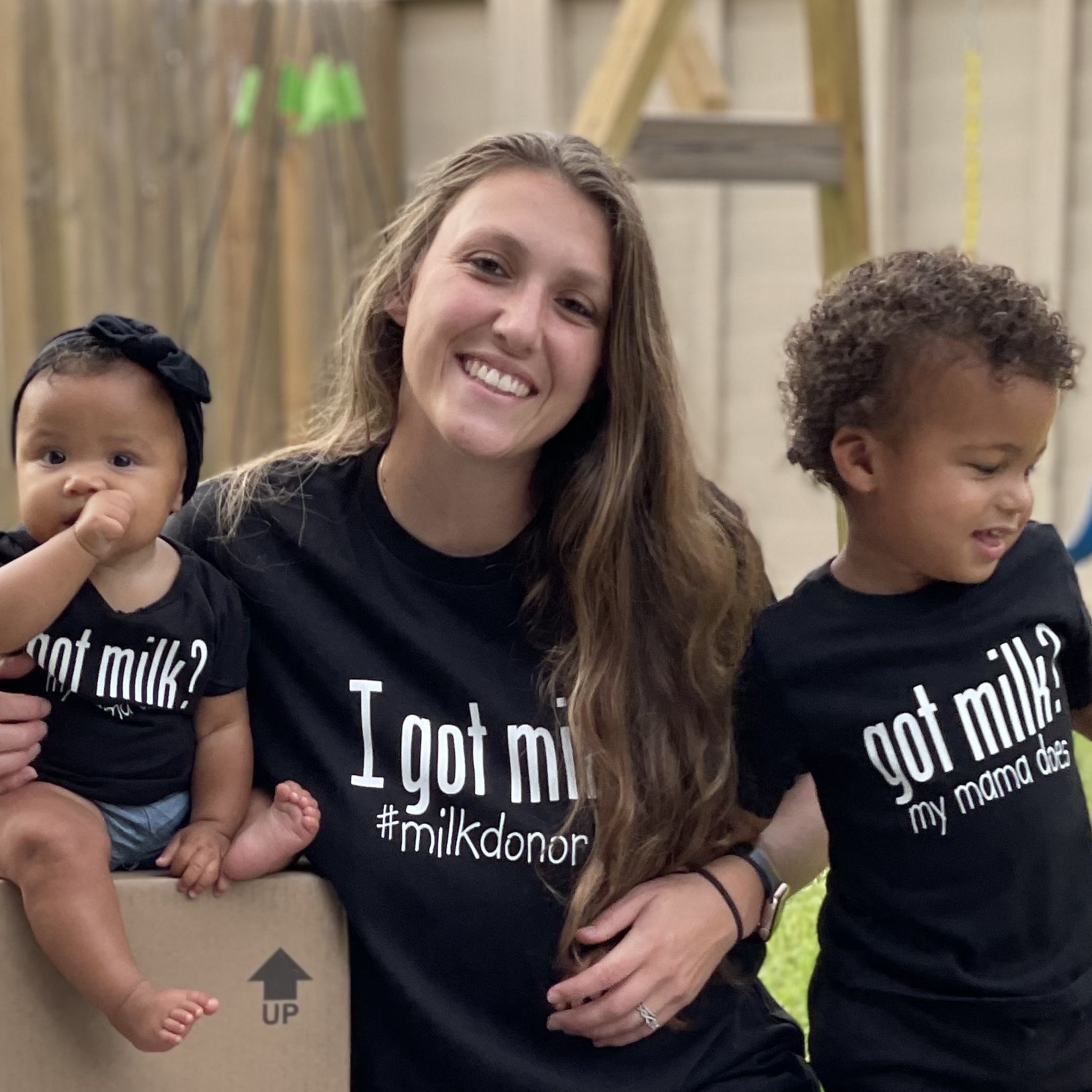
“I’ve seen so many friends struggle with making enough milk for their babies, so when I was blessed with an oversupply of breast milk, I knew I wanted my excess to help the babies who needed it the most. It’s so rewarding knowing that my daughter, and so many other babies, are benefiting from my breast milk.”
– Hannah
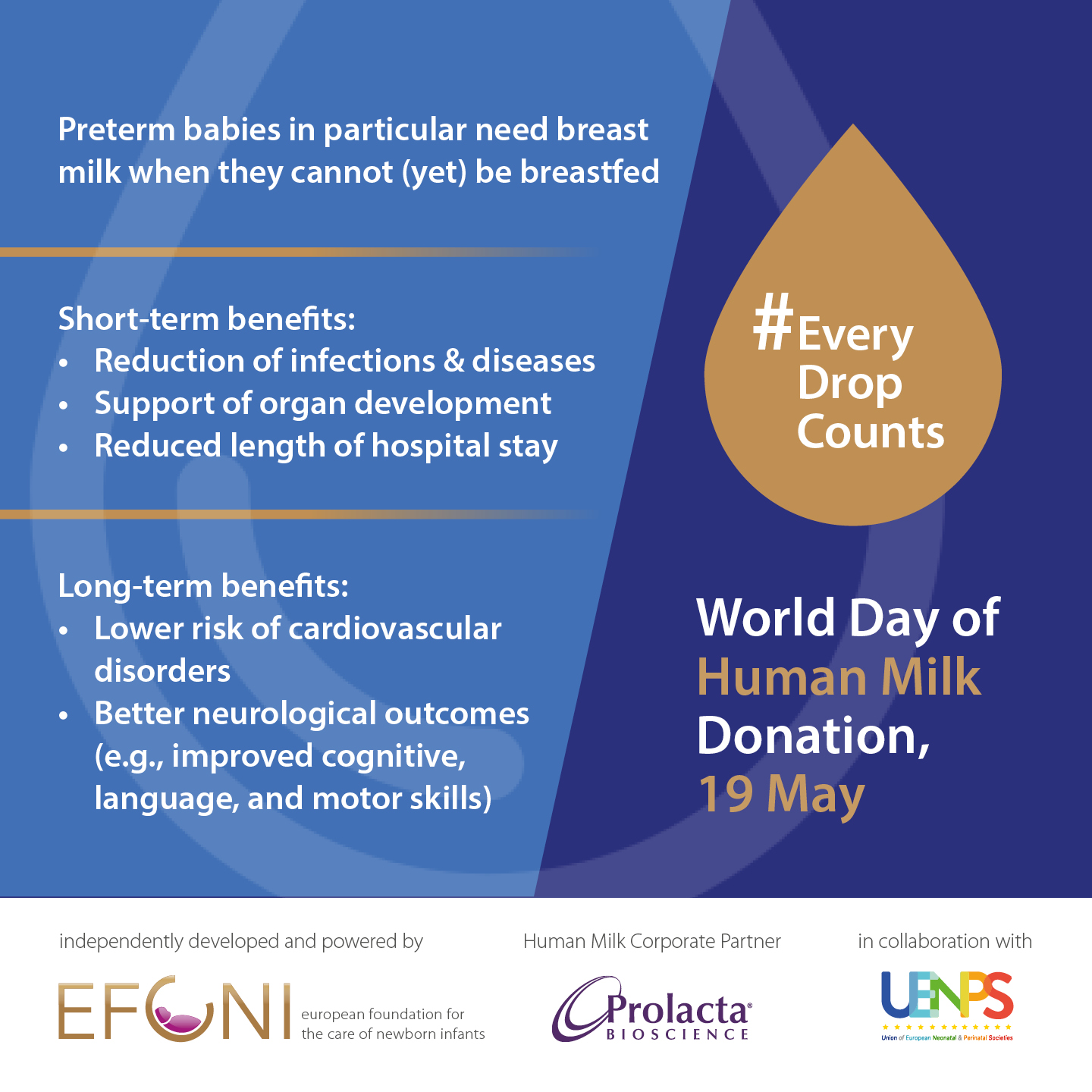
Every year on May 19, we celebrate the World Day of Human Milk Donation to raise global awareness about the vital importance of donating human milk.
Each year, an estimated 13 million babies are born preterm—that’s 1 in 10 worldwide. For these vulnerable newborns, access to safe, donated human milk can be life-saving. The World Health Organization (WHO) recommends donor human milk—especially for low birth weight infants—when a mother’s own milk is insufficient, unavailable, or contraindicated.
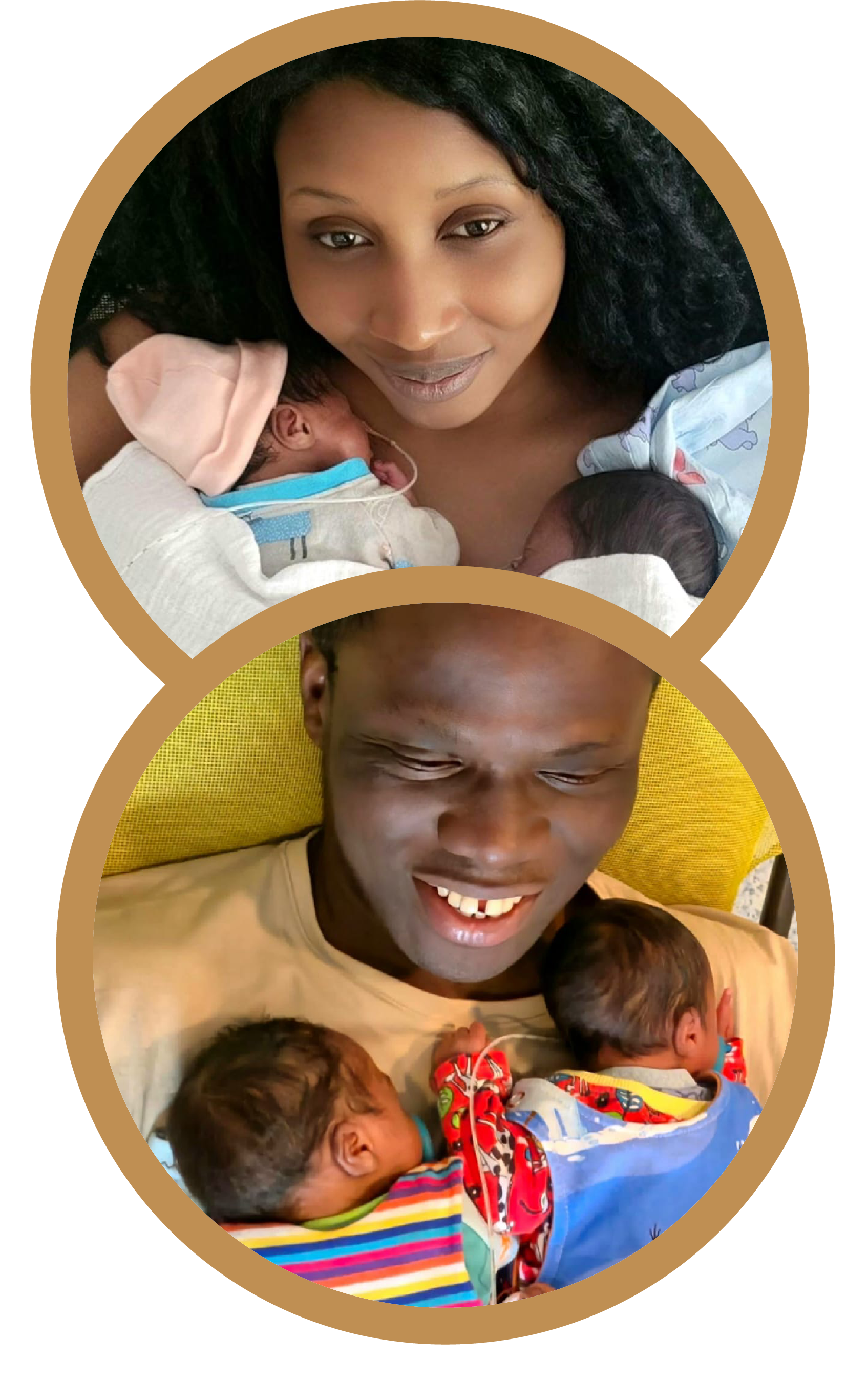
“Many thanks to the donors for their breast milk, which my babies received in the beginning when I did not have any breast milk of my own.
We greatly appreciate that this option is available and that my babies were able to receive donated milk.”
- Chantal
Mother of quadruplets, Germany
We spoke with leading experts in nutrition, neonatology, neuroscience, and public health to explore the critical role human milk plays in the healthy development of newborns—especially those born too early or too small.
Watch our video interview with Professor Roy K. Philip, Consultant Neonatologist at University Maternity Hospital, Limerick, Ireland. In this discussion, he explains:
Watch the video and explore our full playlist.
All content in the “Human Milk Matters - Human Milk Cares” campaign was independently developed by GFCNI and reviewed by external experts for medical accuracy. The campaign is powered by GFCNI.
© 2026 GFCNI. All Rights Reserved.